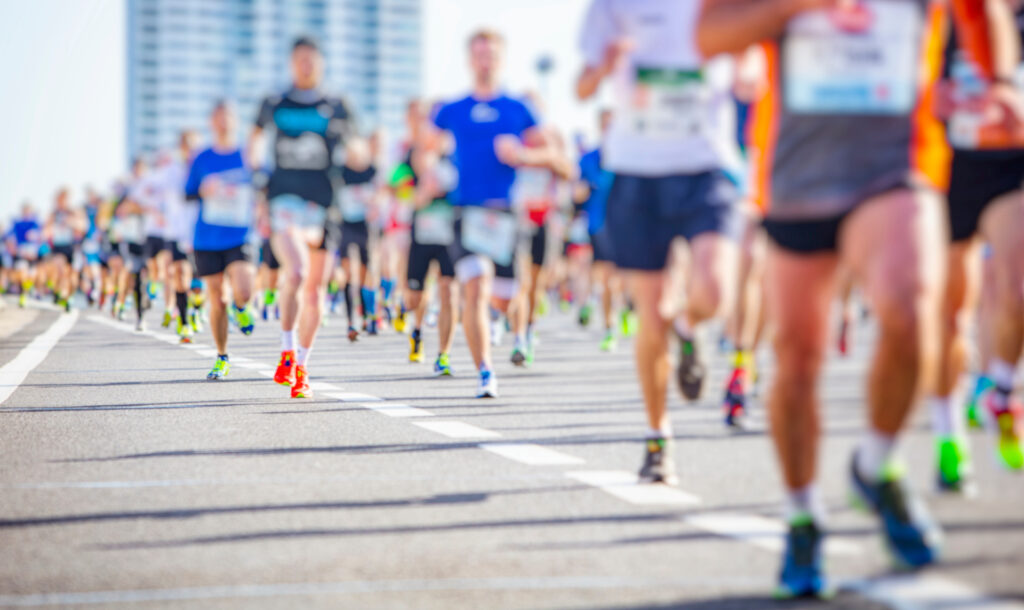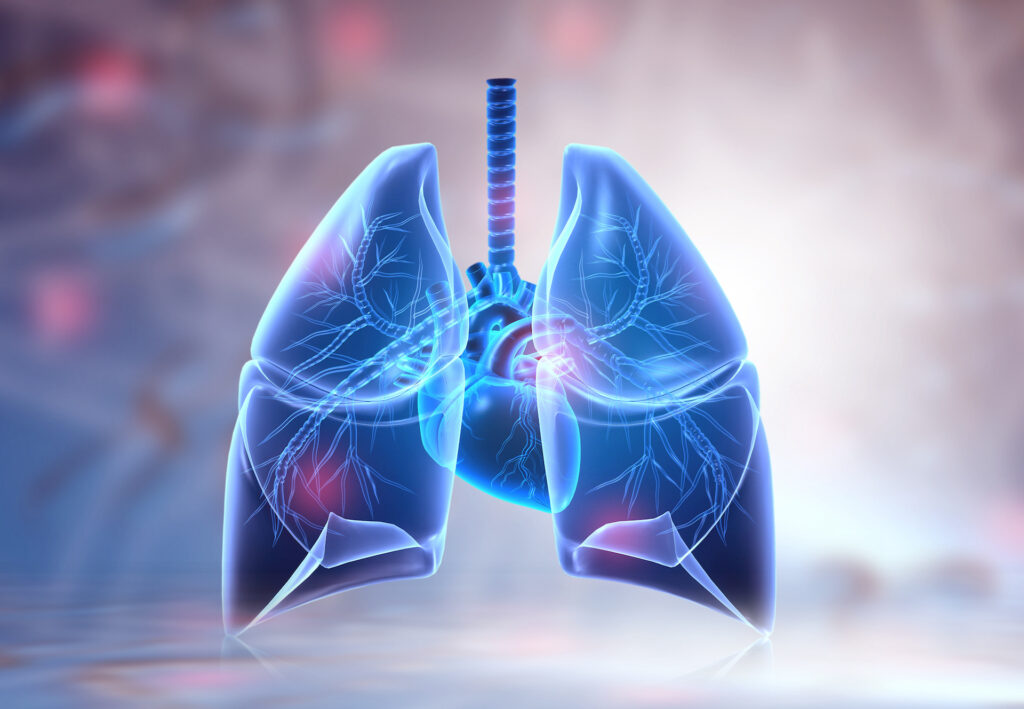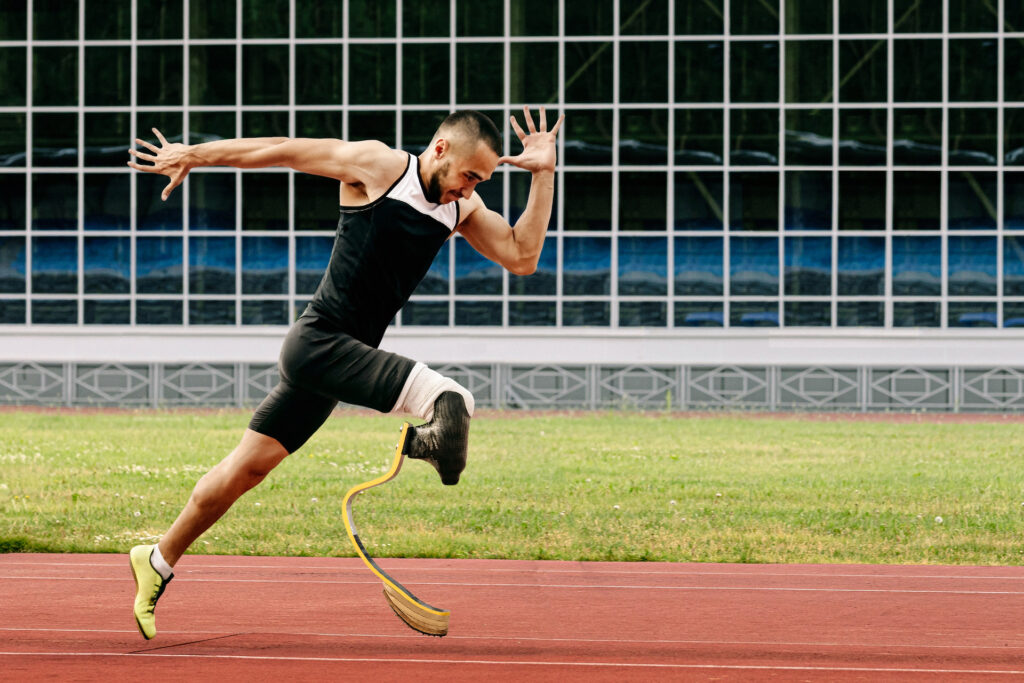subheading goes here
When people think of cannabis, the first image that comes to mind typically isn’t an athlete or someone working on their exercise goals. But scientific research suggests that maybe it should be, and perhaps it’s time to reexamine our assumptions about the relationship between cannabis and your workout.
In this article, we’re diving into the nitty gritty details of smoking cannabis and whether it affects the body’s ability to recover during and after a workout.
How does weed affect your workout?
The idea of using weed to enhance athletic performance is controversial. But some athletes and other fitness enthusiasts claim that the benefits outweigh the negatives.
Some of the positive ways weed may affect your workout include:
Relaxation
Smoking weed may make you feel relaxed and less anxious about working out. This layer of added mental relaxation can help remove mental barriers, like a lack of confidence or performance anxiety.
Pain relief
Scientific studies have shown that the cannabinoids in THC can help play a role in reducing inflammation, which is one of the most common causes of pain. Smoking cannabis after a workout may help reduce inflammation in tired muscles, ultimately reducing pain.
Increased appetite
For athletes interested in bulking up (like boxers, wrestlers, and weightlifters), smoking cannabis can be an important tool to help them meet crucial weight gain goals. THC can make athletes hungry because it helps activate CB1 receptors in the brain which regulate appetite.
It’s important to acknowledge that little scientific or medical research has been completed to examine how cannabis may increase athletic performance. On the other hand, there is research that points to the potential adverse side effects, which include:
Shop highly rated dispensaries near you
Showing you dispensaries near
Decreased lung function
Some studies suggest that smoking weed can decrease lung function, making it more difficult for oxygen to make it to other muscles in the body during exercise. If you have a lung disorder like asthma, this could make your workouts even more difficult.
Slowed reaction time
Cannabis can slow down a person’s reaction time and coordination. This decrease in alertness could create a dangerous scenario for tripping, falling, or injuring others around you in an athletic setting.
Increased heart rate
Cannabis can increase your heart rate, impacting blood flow and making it harder for nutrients to support muscles during exercise.
Related
Can cannabis help your workout?
How to get the most out of your workout with cannabis
If you’re considering adding cannabis as part of your workout routine, remember that the way cannabis impacts your workout can depend on many factors, including:
Your unique biology
Everyone has a different THC tolerance, and some people feel the effects of cannabis more than others. Some people may not feel anything at all. It’s important to start slow with cannabis until you understand how it makes your body feel.
Potency
Not all cannabis strains are created equal. While the typical THC content of a strain sits between 16-18% THC, some top-shelf strains have THC levels that soar into 24-26%. If you’re using a strain to help with your post-workout recovery, make sure you’re aware of its potency.
Dosage
The amount (or dosage of cannabis) you smoke can make or break your workout. It’s always a good idea to start with the lowest THC dose possible and work your way up.
Type of strain
Remember that sativa strains are typically associated with uplifting and energetic effects, while indica strains are associated with relaxing and sleeping. If you aren’t sure what strain type works best for you, try finding an evenly balanced hybrid, which sits in the middle of the effects spectrum between indica and sativa.
We recommend a THC dosing workout schedule to help you understand what works best for your body and your workout performance. In general, start low and go slow. Here’s an example of a schedule for THC dosing and working out.
Pre-workout (30-60 minutes before exercise)
- Consume a low dose of THC, 2.5-5 mg
- Use it to reduce pain and inflammation, increase focus and motivation, and enhance the mind-body connection during your workout.
During the workout
- An optional microdose of THC, 1-2mg
- If you need additional pain relief or stress reduction during your workout, you may consume an additional microdose of THC.
Post-workout (within 1-2 hours of exercise)
- Consume a higher dose of THC, 10-20 mg
- It helps promote relaxation, reduce soreness and inflammation, and aids recovery.
How does weed affect muscle recovery?
With limited research, knowing exactly how weed affects muscle recovery is difficult. But what we do know about cannabis is that THC has anti-inflammatory properties. Because muscles tend to become sore and inflamed after exercising, many believe smoking weed may help your muscles recover faster while reducing muscle spasms and cramps.
Athletes who smoke weed after workouts say that reducing inflammation with cannabis helps relax muscles, stimulate appetite, and increase sleep quality. Because weed is available in a variety of consumption formats, it provides an easy alternative for athletes who prefer noncombustible options like edibles.
Weed as a post-workout pain reliever
It’s not uncommon for athletes to use weed to relieve muscle pain after a workout. When THC or CBD enters the body, it binds to CB1 and CB2 receptors in the endocannabinoid system, which reduces pain signals throughout the body.
This, in addition to its natural anti-inflammatory properties, makes cannabis an ideal choice for post-workout pain relief.
One notable celebrity who recently opened up about using cannabis to help with their workout and post-workout recovery is rapper Wiz Khalifa. “I honestly think smoking weed helps my wind a little better because I have breath control, and I’m able to take these deep, long breaths that normal people who don’t drag strong marijuana—they don’t experience that,” Khalifa said.
There are also many high-profile athletes who are open about their cannabis use, including:
- UFC fighter Conor McGregor
- NHL Hall of Famer Calvin Johnson
- Former NFL player Marshawn Lynch
- US Women’s Soccer player Megan Rapinoe
Is it safe to use weed after taking pre-workout?
No, it is not safe to use weed after taking pre-workout supplements for a couple of reasons. The main reason is that there has been little to no scientific research in this area, so the long-term effects are unknown.
Another area of concern is the physical effects of pre-workout supplements and how those effects can exacerbate the effects of cannabis, including:
Increased heart rate
Pre-workout supplements usually contain a generous amount of caffeine. Caffeine can increase your heart rate and make you feel physically jittery. When combined with the effects of cannabis, these feelings can be overwhelming and could make you feel like you’re experiencing a heart attack.
Dehydration
Pre-workout supplements and cannabis are both known to cause dehydration when used on their own. When combined, you may feel lightheaded, dizzy, or even like you could faint.
Anxiety
Both pre-workout supplements and weed can cause panic attacks or anxiety.
Final thoughts on using weed for workout recovery
Whether you’re working out in the gym or running on the track, it’s important to stay hydrated and avoid over-exertion while working out using cannabis.
Remember, cannabis use can impair coordination and reaction time, which can be dangerous during specific exercises, such as weightlifting or high-intensity interval training. If you’re considering adding cannabis to your workout routine, consult your doctor first.
Sources
- Cannabis in Sport (2004), PMC, https://www.ncbi.nlm.nih.gov/pmc/articles/PMC3717337/
- Cannabis and Athletic Performance (2021), PMC, https://www.ncbi.nlm.nih.gov/pmc/articles/PMC8566388/
- Cardiovascular consequences of marijuana use (2014), ACCP,https://accp1.onlinelibrary.wiley.com/doi/abs/10.1002/j.1552-4604.2002.tb06005.x
- Cannabis as novel anti-inflammatory drugs (2009) https://www.ncbi.nlm.nih.gov/pmc/articles/PMC2828614/
Special thanks to Janessa Bailey for her valued assistance.






































